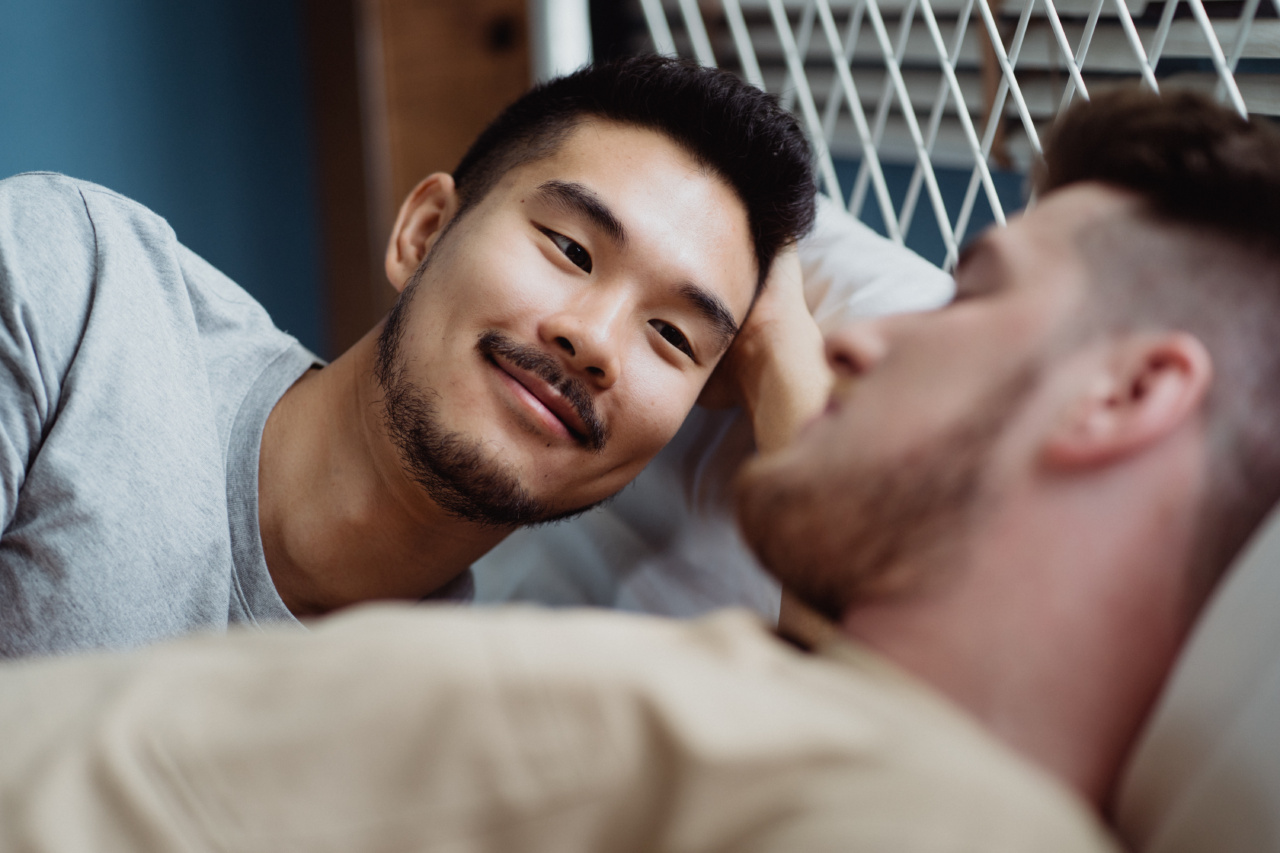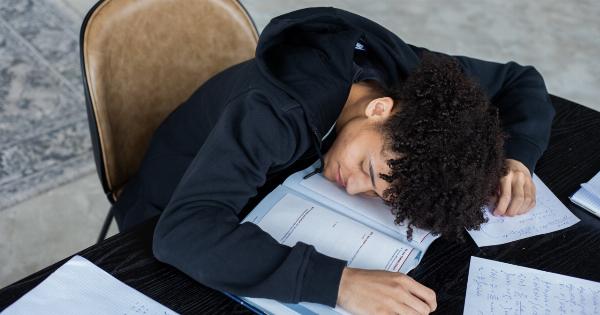It is a common stereotype that men tend to fall asleep immediately after sexual intercourse. This phenomenon has been the subject of many jokes, discussions, and curiosity.
While it may seem like a mere myth or an exaggerated generalization, there is some scientific basis behind this occurrence. In this article, we will explore the biology behind why men often feel sleepy after sex.
1. Relaxation Response
One of the primary reasons why men may feel sleepy after sex is due to the release of hormones, particularly oxytocin and prolactin.
Oxytocin, often referred to as the “love hormone,” is responsible for inducing relaxation and promoting feelings of bonding and contentment. Prolactin, on the other hand, is primarily known for its role in lactation but is also involved in regulating sleep.
2. Dopamine Surge
During sexual activity, there is a surge in dopamine levels in the brain. Dopamine is a neurotransmitter associated with pleasure and reward. This dopamine surge creates feelings of satisfaction and euphoria.
However, once the activity is complete, dopamine levels drop, triggering a subsequent decline in energy levels and a desire to rest.
3. Physical Exertion
Sexual activity can be physically demanding, and it often involves various muscle groups and cardiovascular effort. This exertion can lead to a release of endorphins, which are the body’s natural painkillers and mood enhancers.
Once the physical effort subsides, the body enters a state of relaxation, making it easier for men to drift off to sleep.
4. Refractory Period
The refractory period is the time immediately following orgasm during which men are unable to achieve another erection or orgasm.
This period varies from individual to individual but generally leads to a sense of calmness and a decreased interest in sexual activity. This decline in sexual arousal contributes to the feeling of sleepiness.
5. Depletion of Energy
Sexual activity requires a significant amount of energy expenditure. This physical exertion, combined with the release of neurotransmitters, can leave men feeling depleted and fatigued.
The body’s natural response to this depletion is to prompt rest and recuperation.
6. Evolutionary Perspective
From an evolutionary standpoint, falling asleep after sex may have also served a purpose. In ancient times, sexual encounters were often associated with risks, such as predators or rival tribes.
Falling asleep afterward offered protection to both partners and allowed for recovery.
7. Hormonal Shifts
There are several hormonal shifts that occur in the body during and after sexual intercourse. Testosterone, a hormone associated with sexual desire, decreases after climax.
Additionally, the release of oxytocin and prolactin promotes relaxation and can induce drowsiness.
8. Emotional Connection
Sexual intimacy often creates a strong emotional bond between partners. The feelings of closeness and connection can evoke a sense of security and comfort, leading to a desire for rest and sleep in the presence of a trusted partner.
9. Circadian Rhythms
The body’s natural sleep-wake cycle, known as the circadian rhythm, plays a significant role in determining our sleep patterns. Sexual activity can disrupt this rhythm, making it easier for men to fall asleep afterward.
The release of melatonin, a hormone that regulates sleep, may also be triggered by post-coital relaxation.
10. Psychological Factors
Psychological factors such as stress and anxiety can affect sleep quality. Engaging in sexual activity can help reduce stress and promote relaxation.
The combination of physical and emotional release during sex can contribute to a mental state conducive to sleep.






























